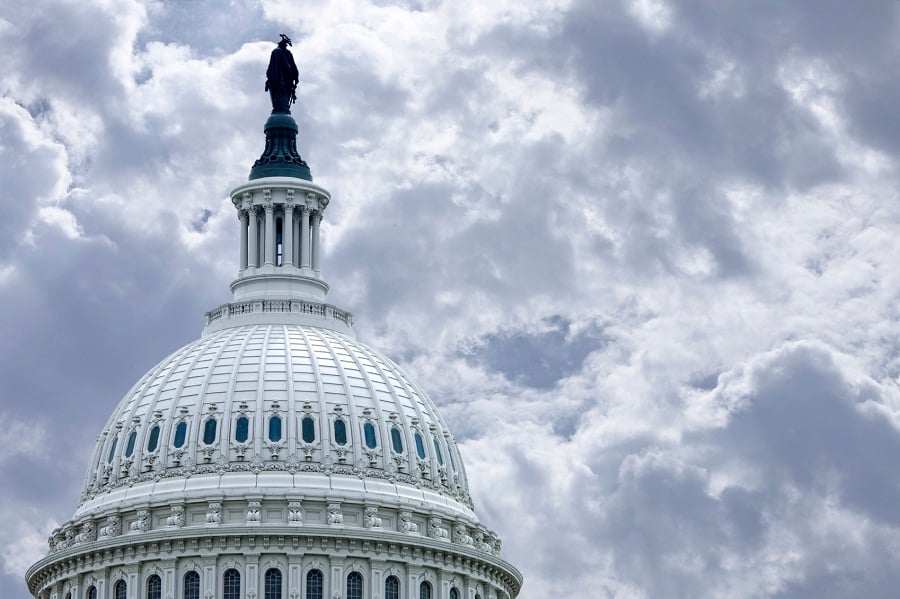

Bipartisan legislation that would facilitate electronic delivery of investment documents has emerged as Congress is wrapping up its current session, laying down a marker for work on the issue next year.
Reps. Bill Huizenga, R-Mich., and Jake Auchincloss, D-Mass., last week introduced the Improving Disclosure for Investors Act, which would require the Securities and Exchange Commission to write a rule that permits registered investment companies, broker-dealers, investment advisers and other financial entities to deliver regulatory documents automatically via email.
The SEC currently allows electronic delivery if investors opt in. The legislation would make it the default method while allowing investors to request paper documents.
Financial firms and their trade associations have been pushing the SEC to expand electronic delivery, arguing that it better reflects how investors want to communicate.
“Fidelity Investments has long advocated for digital-first public policies, particularly the need for the Securities and Exchange Commission to transition the default method for sending regulatory documents from paper to digital,” Fidelity said in a statement.
The Securities Industry and Financial Markets Association cited a survey it conducted over the summer as evidence that investors want electronic communications.
“The time has come — and arguably is overdue — to implement electronic delivery as the default means for delivering investor communications, while giving investors the power to choose paper deliver if preferred,” SIFMA CEO Kenneth Bentsen Jr. said in a statement. “According to a recent survey, a large majority of retail investors, regardless of income or age, want e-delivery for its environmental benefits, speed and convenience.”
Mutual funds have been in the forefront of the push for e-delivery, and their trade association, the Investment Company Institute, is a proponent of the bill.
“The vast majority of investors have internet access,” ICI CEO Eric Pan said in a statement. “This bill reflects their strong preference to receive disclosure document electronically, which also helps investors find the information that is most relevant to them.”
The bill was introduced within days of the conclusion of the current congressional session at the end of the month. All legislation that is not enacted before Congress goes home for the holidays dies and will have to be reintroduced in the new Congress next year.
But getting the bill in the hopper now provides momentum for e-delivery.
“The bill is meant to encourage and guide the SEC to make rule changes and to demonstrate there’s a bipartisan will to get it done,” said a financial industry lobbyist who was not authorized to speak for attribution.

Since Vis Raghavan took over the reins last year, several have jumped ship.

Chasing productivity is one thing, but when you're cutting corners, missing details, and making mistakes, it's time to take a step back.

It is not clear how many employees will be affected, but none of the private partnership’s 20,000 financial advisors will see their jobs at risk.

The historic summer sitting saw a roughly two-thirds pass rate, with most CFP hopefuls falling in the under-40 age group.

"The greed and deception of this Ponzi scheme has resulted in the same way they have throughout history," said Daniel Brubaker, U.S. Postal Inspection Service inspector in charge.
Stan Gregor, Chairman & CEO of Summit Financial Holdings, explores how RIAs can meet growing demand for family office-style services among mass affluent clients through tax-first planning, technology, and collaboration—positioning firms for long-term success
Chris Vizzi, Co-Founder & Partner of South Coast Investment Advisors, LLC, shares how 2025 estate tax changes—$13.99M per person—offer more than tax savings. Learn how to pass on purpose, values, and vision to unite generations and give wealth lasting meaning
